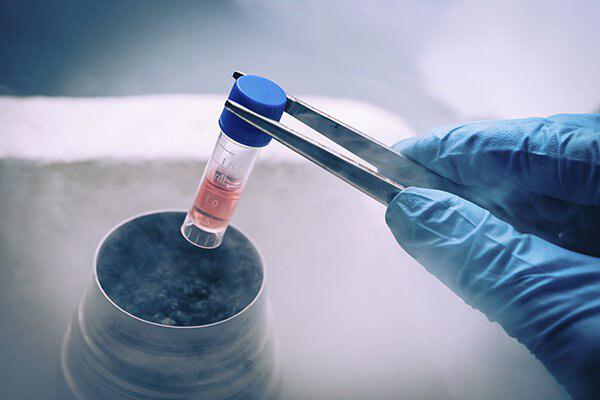The Celltech Pharmed firm carried out the procedure on 46 patients in several phases.
Mohammad-Hossein Ziraksaz, the CEO of the company, says it began cell therapy treatment on COVID-19 patients since the early days of the outbreak of the virus in Iran.
“As of late February, 2020, we began to conduct cell injections, so that our colleagues were working and producing cells for hospitals throughout New Year holidays,” he said.
“We found out that the US issued the first permit for cell therapy 75 days after we had begun our work,” he added.
He said several other plans are also underway to help treat coronavirus patients.
The top manager added his company was also involved in some prevention activities alongside its treatment work.
“Around 2.5 million masks and pieces of medical equipment have been produced at several companies … and distributed on markets, and the trend goes on,” he noted.
He added Iran ranks 7th in the world when it comes to the stem cell science.
Ziraksaz noted knowledge-based companies stand read to commercialize their know-how and turn it into products.
In cell therapy, he said, living cells are transplanted from the individual himself/herself or another healthy person with the aim of rebuilding the damaged tissue.
He said cells are “powerful factories” which can have therapeutic effects through different methods.
According to the top manager, cell therapy was used before the coronavirus outbreak to treat a whole range of conditions including heart diseases, knee arthritis, wrinkles, etc.
As for the application of cell therapy for coronavirus treatment, he said, several stages of clinical studies have been done with satisfactory results.
